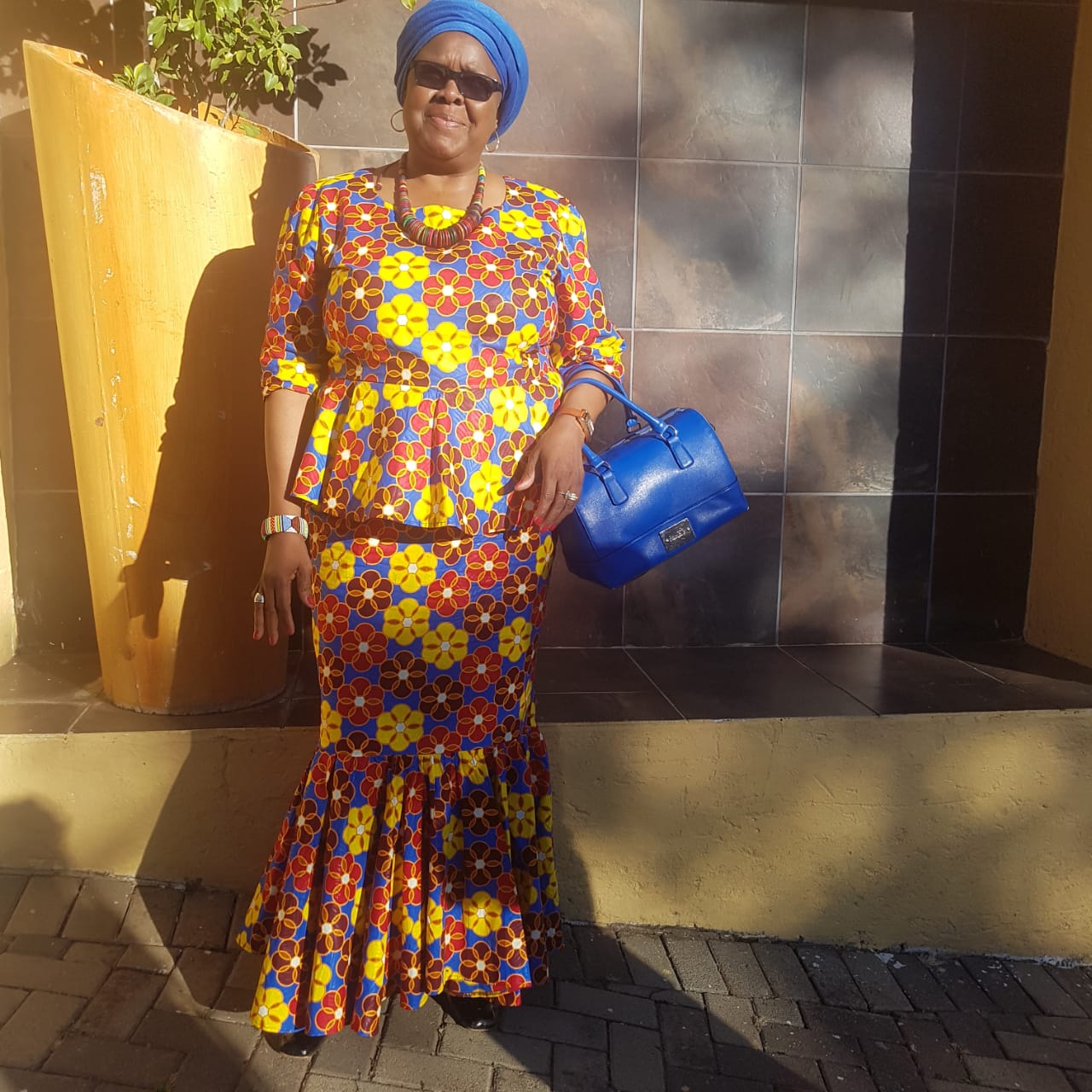THE BAN MAY BE LIFTED, BUT WE CAN’T IGNORE THE TOLL ON WOMEN. PLEASE GIVE OUR WOMEN IN BEER A FIGHTING CHANCE.
By Zoleka Lisa
Many of us have had to balance our own personal and professional challenges whilst trying to navigate the completely unpredictable and unchartered terrain that is COVID-19. As a mom and busy executive, I constantly balance many responsibilities, always striving to do my best every day, whether it’s for my children, my colleagues, my industry or even my country.
Beer and the craft of brewing has been so disproportionately linked with men and it’s easy to forget women were the original brewers. Moreover, in my culture, women are the makers of all the traditional beer that is enjoyed at cultural festivities. With the prohibition Liquor Laws of the 1920’s, Black people could not have liquor licenses. As a result this led to an underground movement that gave rise to Shebeen Queens – a revival of the African tradition that assigned the role of alcohol brewing to women.
Fast forward to 2020 and South Africa has a sizeable legal tavern industry worth between R40 and R60 billion – one of the key employment generators for our townships and rural areas. Of the 35,000 tavern business supporting mainly Black entrepreneurs, over 54% of these businesses owned by women according to a work done by the National Liquor Traders Council. The beer industry is not as male dominated as you might think, especially when it comes to townships and taverns.
When I spoke to industry stalwart, Mam’Fanny Mokoena, from the Gauteng Liquor Forum she said, “Many taverns will just not recover from this. I can’t sleep thinking about all the poverty and unemployment I see around me daily. So many families depend on the incomes from legal alcohol trade to put food on the table and take their young ones to school.”
As someone who also earns a living from the legal trade of alcohol, I, like Mam’Fanny, fear for the 120,000 jobs supported by taverns and for the over 400,000 families dependent on the tavern economy.
The pandemic has forced us to look at the future with caution while offering solutions that matter now and in the long-term. The beer industry’s value chain touches on so many sectors that are run by women-owned businesses - including farming, manufacturing, marketing, retail and hospitality.
Research has proven that the impacts of the pandemic are most severe on the poor and for women. Why women? Because the burden of caring for others generally falls on women. To add a little statistical perspective, according to a 2020 study by Rhodes University's Professor Michael Rogan in collaboration with University of Cape Town, women in the informal economy saw a decrease of 49% in the typical hours worked in April 2020 while men in informal employment only saw a 25% decrease in typical hours. For women in informal self-employment, typical earnings decreased by nearly 70% between February and April.
Women form the backbone of our beer value chain and have been for many years. South Africa as we chart a way forward for our country, one that balances both lives and livelihoods – my humble ask is this: please don’t leave our women in beer behind.

